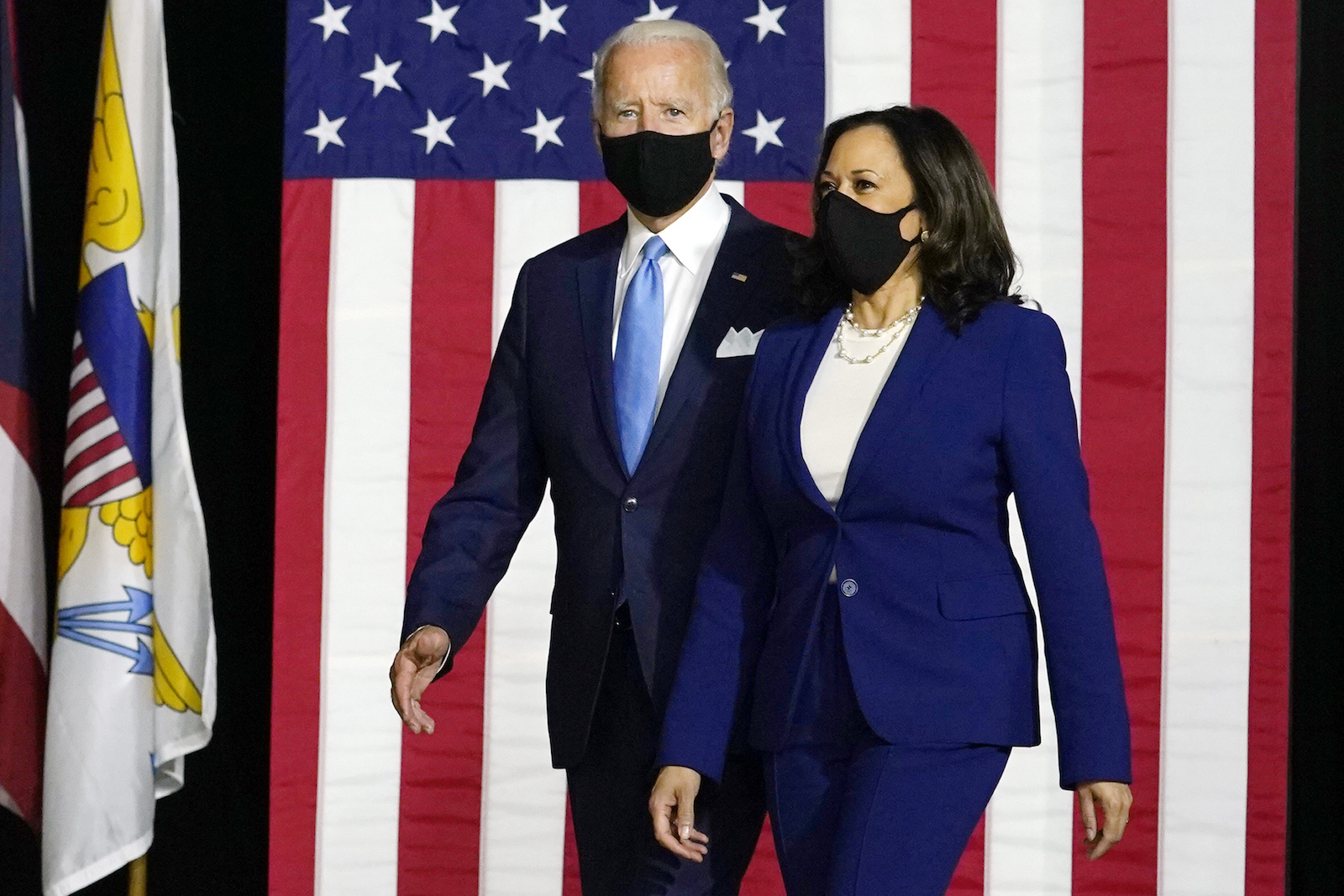NotfooledbyW
Gold Member
- Jul 9, 2014
- 24,046
- 4,709
- 245
"Nature's God: The Heretical Origins Of The American Republic,"
MATTHEW STEWART: Hi, Arun - great to be here.
RATH: So can you tell us - back in 1776, what did nature's God refer to?
STEWART: So nature's God is one - a deity that operates entirely through laws - natural laws - that are explicable. And we have to approach this god through the study of nature and also evidence and experience. So it's a dramatically different kind of deity from that you find in most revealed religions.
RATH: Not the God of Moses who literally gave the law, you know, from on high - revealed in that way.
STEWART: No, that's right. And it also turns out to have a very different genealogy, if I may say so. Nature's God really descends from an ancient Greek tradition that was passed along to the early modern philosophers. And these were quite radical thinkers who were really challenging the ways of thinking of their time and the established religion. Many of them ran into trouble, but it was from them that America's revolutionary philosophers picked up their ideas and, in particular, the idea of nature's God.
RATH: And nature's God is a phrase that specifically comes from a tradition known as deism.
STEWART: That's right. It's called deism. But that was kind of a superficial term. And it was actually kind of a term of abuse in those days because if it was used interchangeably with infidel and atheist.
RATH: An insult hurled at people like Benjamin Franklin and Thomas Jefferson. But weren't a lot of the deists regular churchgoers?
to be continued
MATTHEW STEWART: Hi, Arun - great to be here.
RATH: So can you tell us - back in 1776, what did nature's God refer to?
STEWART: So nature's God is one - a deity that operates entirely through laws - natural laws - that are explicable. And we have to approach this god through the study of nature and also evidence and experience. So it's a dramatically different kind of deity from that you find in most revealed religions.
RATH: Not the God of Moses who literally gave the law, you know, from on high - revealed in that way.
STEWART: No, that's right. And it also turns out to have a very different genealogy, if I may say so. Nature's God really descends from an ancient Greek tradition that was passed along to the early modern philosophers. And these were quite radical thinkers who were really challenging the ways of thinking of their time and the established religion. Many of them ran into trouble, but it was from them that America's revolutionary philosophers picked up their ideas and, in particular, the idea of nature's God.
RATH: And nature's God is a phrase that specifically comes from a tradition known as deism.
STEWART: That's right. It's called deism. But that was kind of a superficial term. And it was actually kind of a term of abuse in those days because if it was used interchangeably with infidel and atheist.
RATH: An insult hurled at people like Benjamin Franklin and Thomas Jefferson. But weren't a lot of the deists regular churchgoers?
Last edited:

